
1. Conquer Your Fear. Fear holds us back from living our best lives. While exploring a new thing can be intimidating and scary, you know that you will get better with time. You have not come this far in your life by being timid, but by being brave.
Look back at all those things that you were once afraid of that now enjoy, maybe it was making a speech or dancing and see how you conquered that! This too will be fun.
2. Have A Positive, Open Attitude. It is true that your attitude determines your altitude. Have an open attitude towards learning about computers and the Internet.
3. Reach Out. Do not be afraid to reach out and ask for help when you make the choice to learn about technology. Most people are really good at this and will be more than willing to help. This could also be a great time to spend time and bond with your child or grandchild.
4. Google. In some cases, you may not have someone physically there to assist you, not to worry Google is your friend. Once you are connected to the Internet, you can use Google to find out anything you need to know.
If you search ‘how to use Microsoft word,’ Google will provide you with countless detailed results to pick from. Follow the instructions that are simplest to you.
5. Basic Settings Should Suit Your Needs. Making simpler alterations to suit your needs such as larger text size and louder sounds will improve your experience.
6. Write Down Your Passwords. As you get older you may experience some level of forgetfulness which is quite normal. It is therefore advisable to have a backup plan. Write down your new passwords in your journal so that in the event you log out and forget, you can always get them in hard copy.
7. Battery. Only charge your computer, tablet, or phone when the battery is running low on charge. Charging your device all day can reduce the battery life.
8. Personal Information. If you are making an online transaction or storing bank details, it is important to speak to your bank and understand the precautions you need to take. However, your information is safe in such situation.
9. Search History. If you share your tablet or computer with someone say a spouse or your grandchildren who want to play games but you want to keep your activities private, always delete your search history when you are done.
10. Most Things are Free. While in the real world most things are not free, on the Internet they are. According to a BBC article, an application for counting your calories or playing your favorite puzzle will not cost you a thing. However, be sure to check first.
11. Read Reviews Before Buying Items Online. If you want to buy a particular product or use a certain service say booking a hotel online, online reviews are very helpful. Most companies will not be honest about their shortcomings on their website, but a reviewer will be.
12. Virus/Malware Scanning. Invest in a good antivirus; this is a great way to keep your information protected. The good news is that most computers nowadays come with an inbuilt virus and malware and the scanner is quite user-friendly.

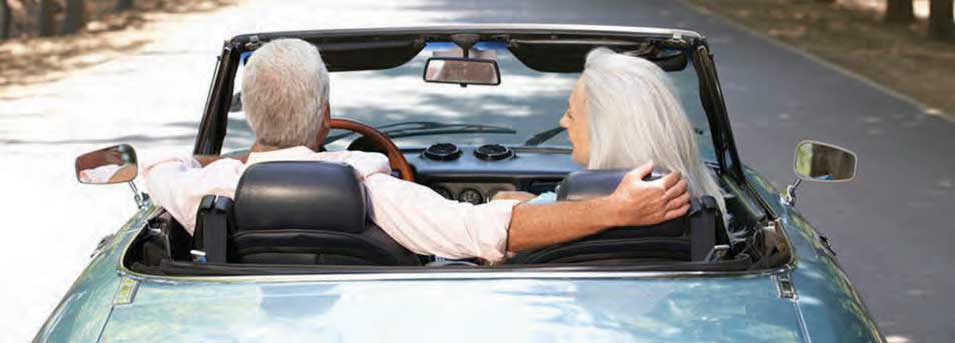
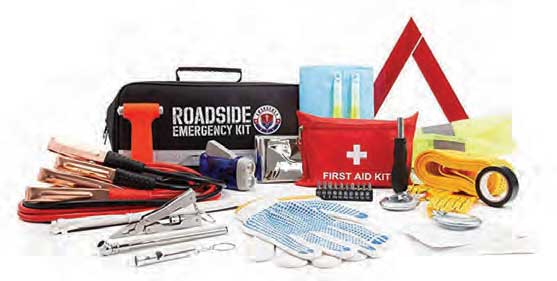
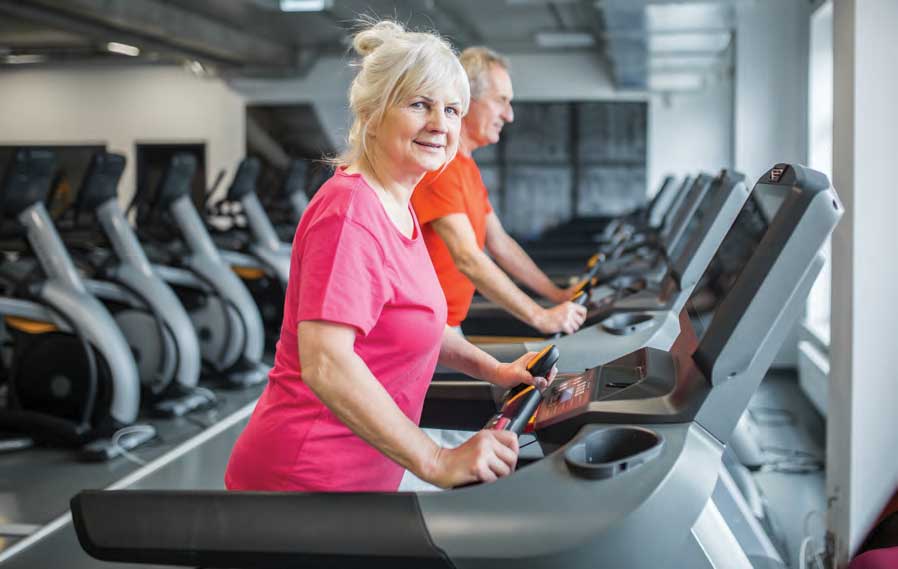
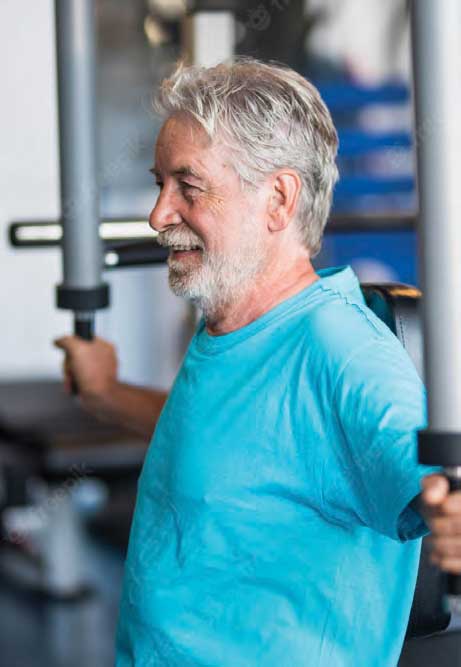



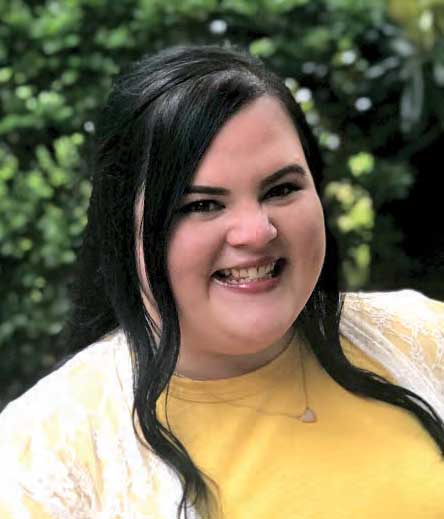
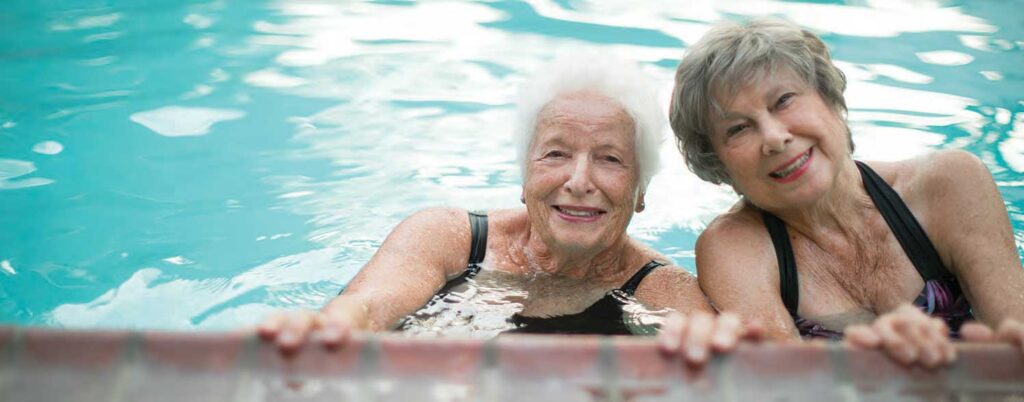


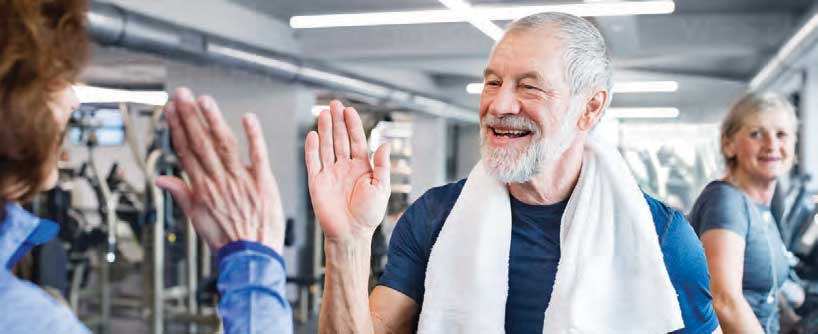

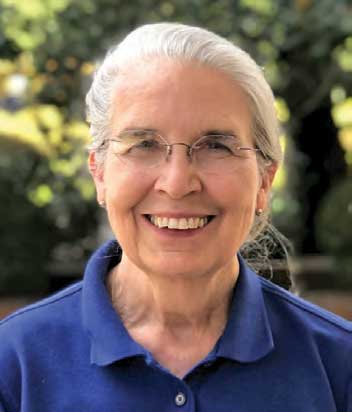
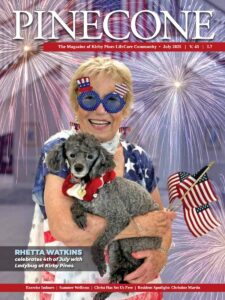

 © 2025 Kirby Pines LifeCare Community. All Rights Reserved |
© 2025 Kirby Pines LifeCare Community. All Rights Reserved | 